Feature: Belgian city keeps alive memory of Chinese heroine 80 years after WWII victory against fascism
Source: Xinhua
Editor: huaxia
2025-09-17 20:52:48
"Not everyone can have a street named after them," said Jerome de Perlinghi, the eldest grandson of Qian Xiuling. Locally known as Madame de Perlinghi in the Belgian city Ecaussinnes, Qian has saved nearly 100 locals from German fascists during the Second World War.
by Xinhua writers Ding Yinghua, Ma Zhiyi
BRUSSELS, Sept. 17 (Xinhua) -- Eighty years on, residents of the Belgian city Ecaussinnes still fondly remember Qian Xiuling, honored as "the Chinese mother of Belgium" for saving nearly 100 locals from German fascists during the Second World War.
Sebastien Deschamps, mayor of Ecaussinnes -- where a quiet street bears Qian's name -- told Xinhua that many residents remain deeply grateful to her. On June 8, 1944, four Belgian resistance fighters killed three Gestapo officers. In retaliation, the Nazis rounded up 96 men the following day, threatening mass executions if the perpetrators did not surrender.
Desperate for help, townspeople turned to Qian, who had previously intervened with German authorities. Despite being under Gestapo surveillance and at great personal risk, she went directly to General Alexander von Falkenhausen to plead for their lives. As a result, none of the hostages were executed.
"For us, she truly changed the fate of our city," Deschamps said.
Born in Yixing, Jiangsu Province in eastern China, Qian came to Belgium in the 1930s to study chemistry at the Catholic University of Louvain. She earned a doctorate at a time when few women, let alone foreign women, achieved such recognition in Europe. She later settled in Belgium, married into the de Perlinghi family, and became locally known as Madame de Perlinghi.
Among the rescued was the father of the late former mayor of Ecaussinnes Jean Dutrieux, Deschamps recalled. "Dutrieux often said that without this Chinese woman, he would never have been born."
After the war, the Belgian government awarded Qian the Medal of Belgian Gratitude 1940-1945. In 2000, the municipal council of Ecaussinnes named the street after her as Rue Madame Perlinghi and granted her the title of honorary citizen.
For Qian's eldest grandson, Jerome de Perlinghi, seeing his grandmother's name on a street sign fills him with pride. "Not everyone can have a street named after them," he said.
Yet, Jerome insists that his grandmother never saw herself as a heroine. "She rarely brought up those stories," he said. "She put all her energy into raising children and grandchildren. Only when we grew older and started asking questions did she tell us little by little."
As a photographer, Jerome has traveled to Yixing and the nearby metropolitan Shanghai in search of his grandmother's traces. A few years ago, Jerome met a 106-year-old survivor who told him that they would have been executed that same week without her. "Hearing that, I again realized how great my grandmother was," Jerome said.
Deschamps said his city has been actively working to preserve her memory. Visitors often seek out Rue Madame Perlinghi or Rue des Otages -- the site where the 96 men were once captured -- and ask about the stories behind these names. The city's goal is to ensure more people understand her wartime legacy and remember her name correctly.
For Ecaussinnes, Qian has also become a bridge between Belgium and China. Deschamps said the town is working to turn this shared memory into real connections, exploring cultural and tourism exchanges with her hometown, Yixing.
"Her deeds," he added, "have long been a solid bond between Chinese and Belgian people."■




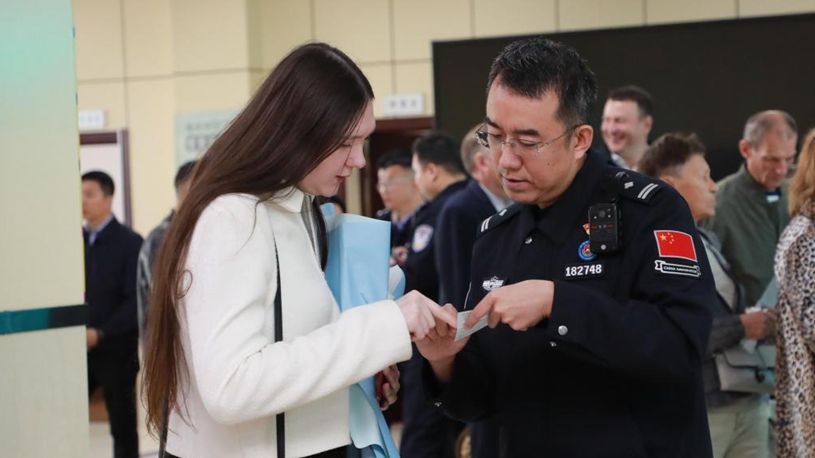
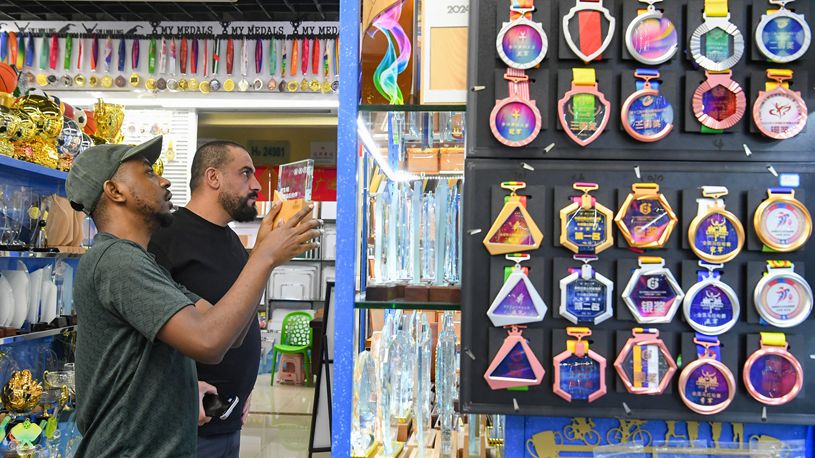
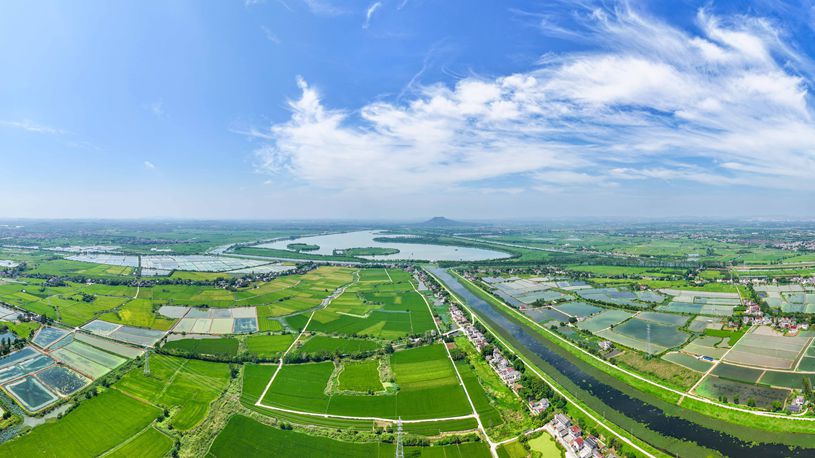
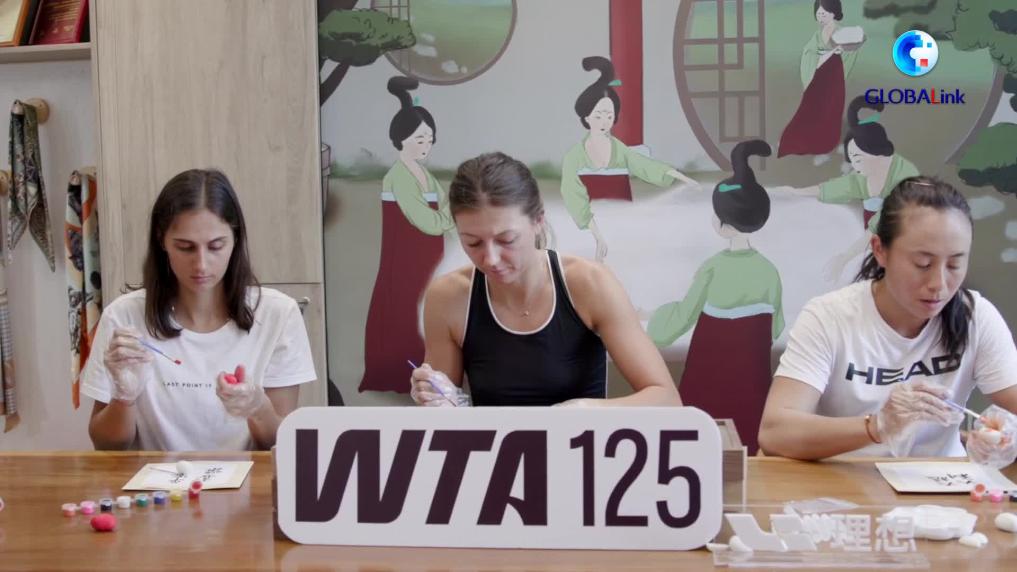
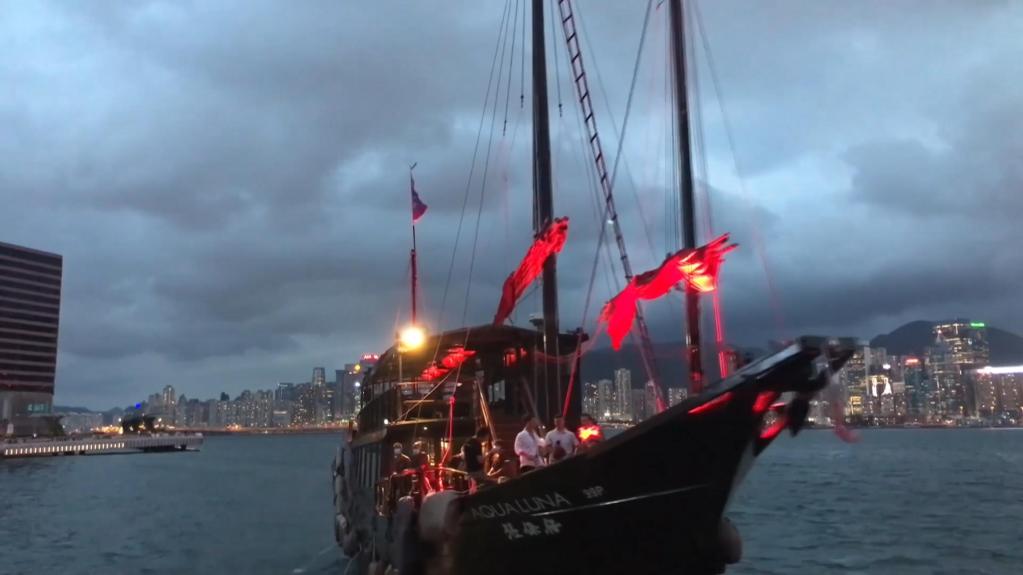



Comments